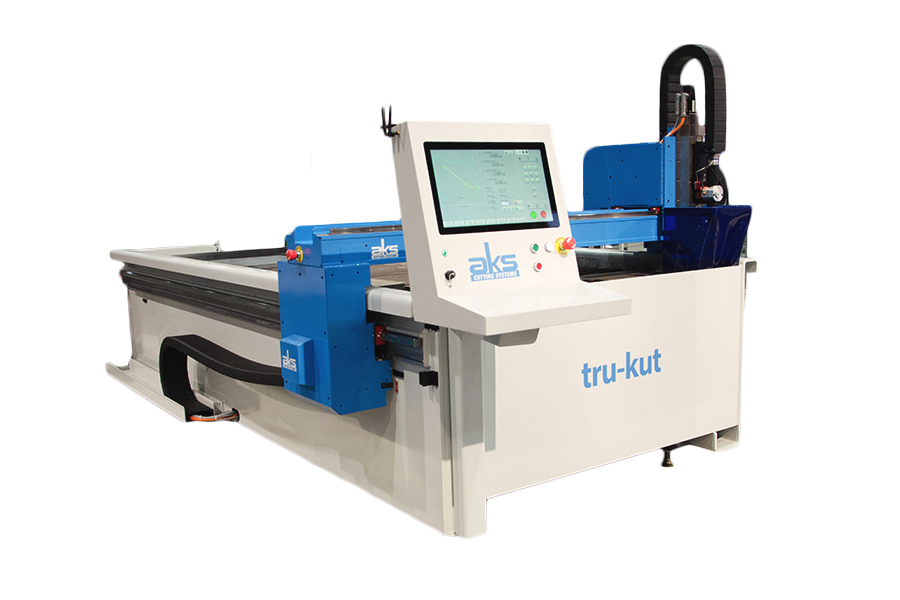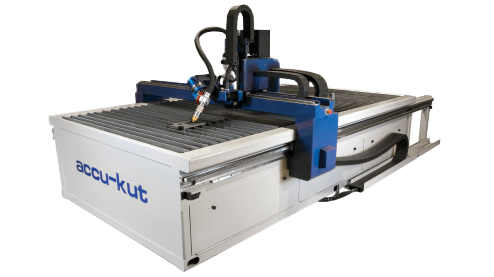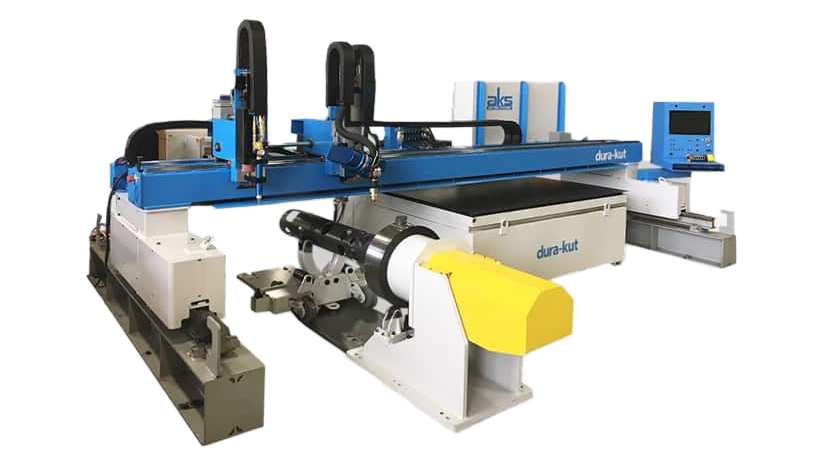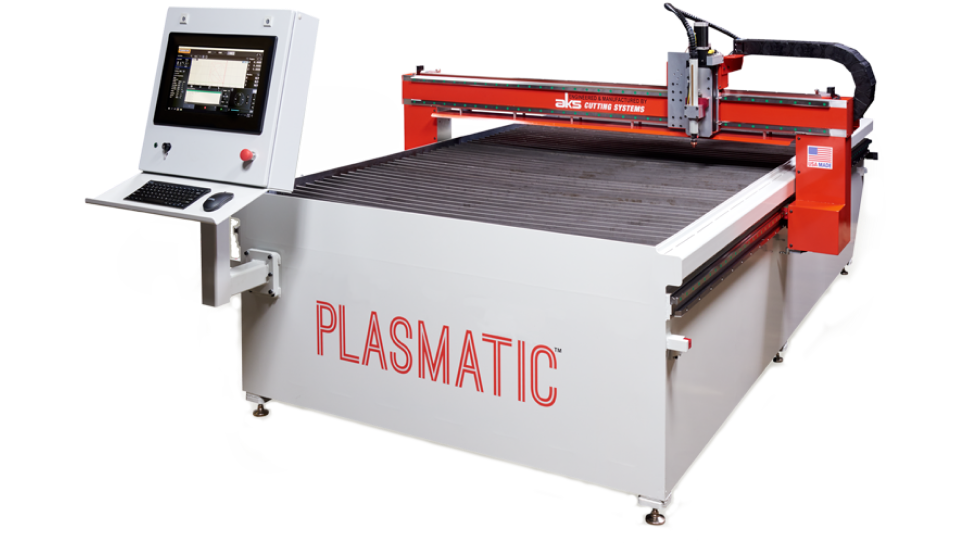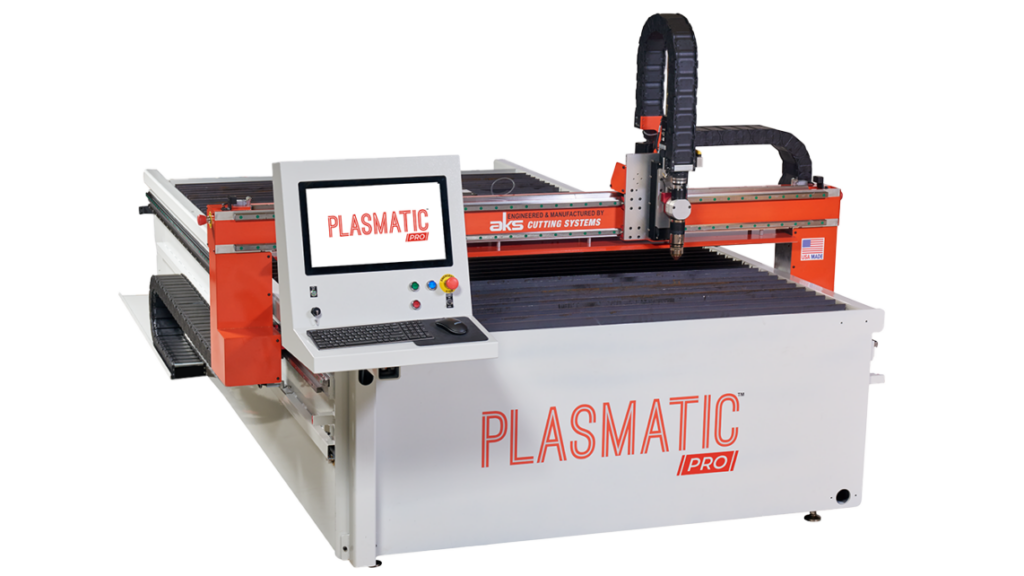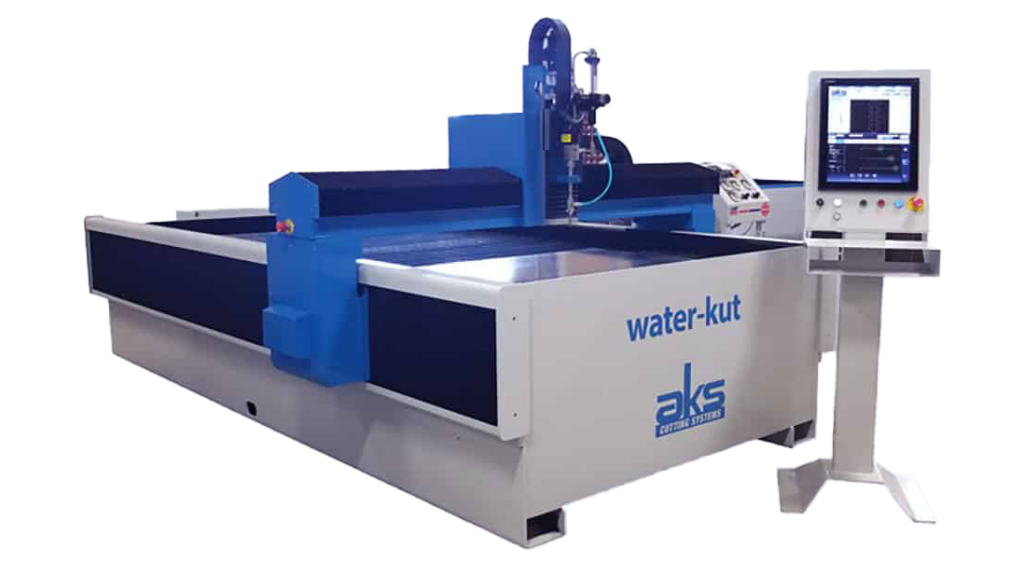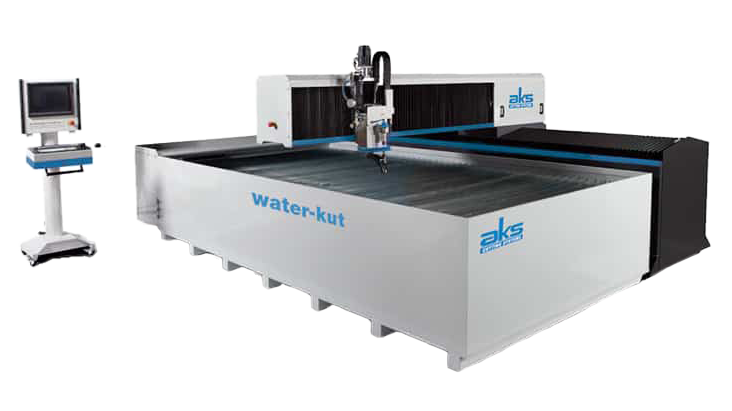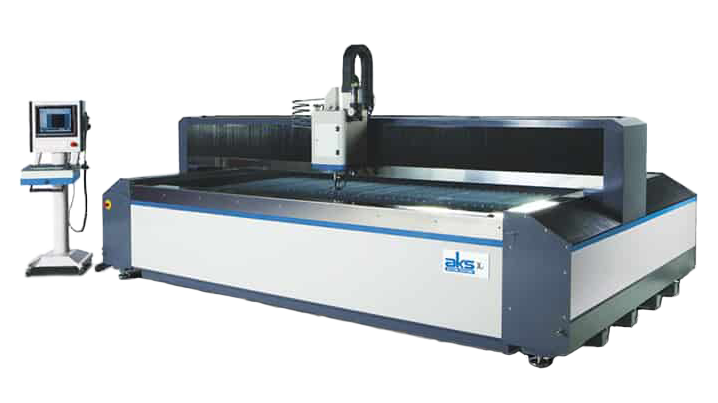With over 100 years of experience, we’re ready to match you with the right cutting system for your needs.
Sales
AKS metal cutting machines serve companies across the globe. Explore our flexible payment options, school partnerships, and frequently asked questions.
